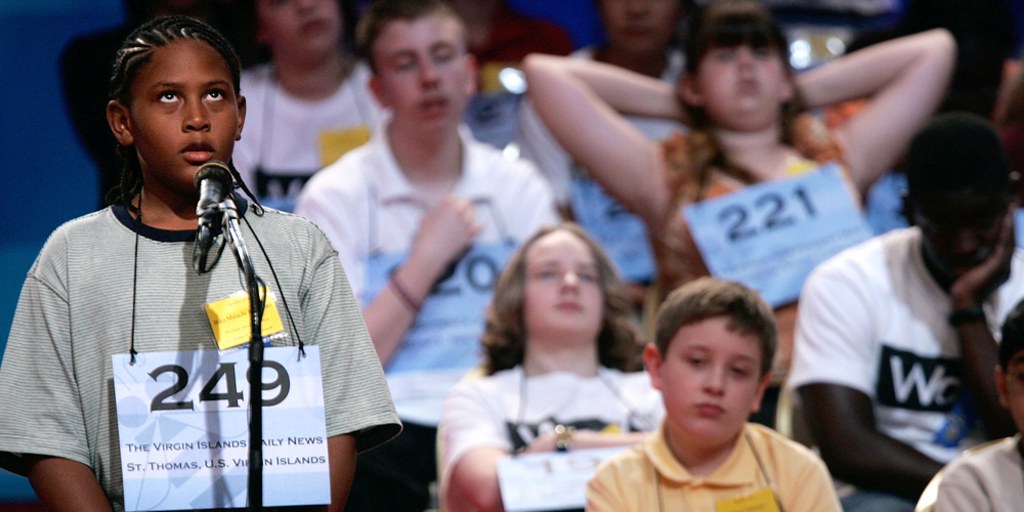
The other day I saw a misspelling, with “receive” being incorrectly spelled “recieve.” It was a common spelling mistake back when I was a kid–one that led generations of schoolchildren, including me, to memorize the rhyme “i before e, except after c, or when sounded in ‘a,’ as in ‘neighbor’ or ‘weigh.'” If you wanted to be a good speller, that was a saying that became a key part of the spelling section of your memory banks.
With the broad adoption of spellcheck, it’s becoming rarer to see spelling mistakes these days, and it’s easier for people to just rely on computers to catch errors, rather than keeping those personal spelling skills sharp. Spellcheck makes life easier for content creators, I suppose, but I hope it hasn’t caused young kids and even adults to eschew developing their spelling capabilities and vocabularies.
I was interested in being a good speller when I was a kid, and I think it helped me develop a much deeper understanding of our language. The dictionary was a constant companion. You wanted to learn new words and their correct spellings, of course, but you also wanted to know something about the source of the word, which often provided clues that helped you to remember how to correctly spell it. The process gave you an appreciation for the broad sweep of the English language, how it has absorbed many words from other tongues, and just how confusing and arbitrary some of its spellings can be.
It’s nice to know, therefore, that there are kids out there who care about being good spellers and are willing to compete in spelling bees. The 94th Scripps National Spelling Bee begins on May 30 in Washington, D.C., with more than 230 spellers from the U.S., Canada, the Bahamas, and Ghana hoping to be crowned the top speller. You can read about the winner of the Ohio regional spelling competition, a student at Olentangy Middle School, here.
The word that will take the Ohio winner to the national bee was “guayabera”–a lightweight sport shirt, initially developed in Cuba and Mexico, that is designed to be worn untucked. It’s a good example of the ever-inclusive nature of the English language.

 I was a good speller as a kid. I used to enjoy the spelling contests between classroom teams in grade school, and I competed in at least one all-school spelling bee that I can remember. But I never had the kind of dedication to spelling prowess that the kids competing in the National Spelling Bee have displayed. They spend hours studying lists of words, reading dictionaries, memorizing spellings, and developing strategies to aid in the recall process. As a result, they can spell words that even the most well-educated among us would likely never use in normal conversation.
I was a good speller as a kid. I used to enjoy the spelling contests between classroom teams in grade school, and I competed in at least one all-school spelling bee that I can remember. But I never had the kind of dedication to spelling prowess that the kids competing in the National Spelling Bee have displayed. They spend hours studying lists of words, reading dictionaries, memorizing spellings, and developing strategies to aid in the recall process. As a result, they can spell words that even the most well-educated among us would likely never use in normal conversation.